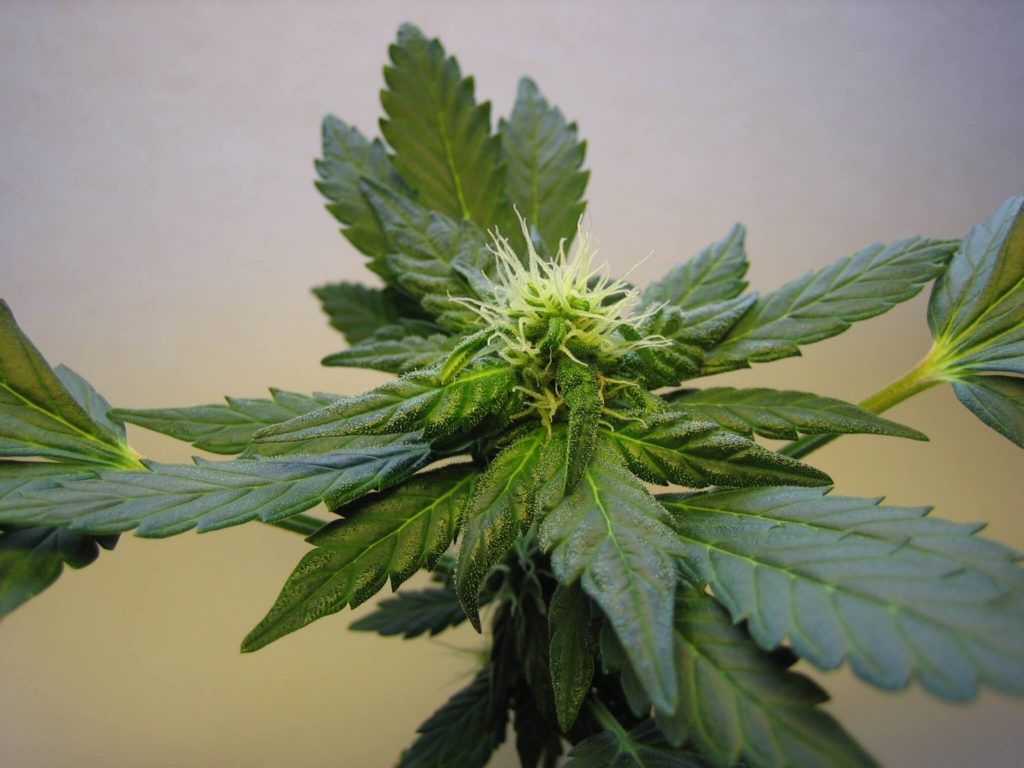In a couple of months, you’ll be able to buy cannabis legally for recreational use everywhere in Canada, and that’s made the nation the world’s hottest stock play for weed.
About 90 public companies there aim to cash in on legalization, but a mere handful of themaccount for more than half the industry’s stock-market capitalization. These firms—Canopy Growth (ticker: CGC), Aphria (APH.Canada), and the soon-to-merge MedReleaf (LEAF.Canada) and Aurora Cannabis (ACB.Canada)—have become big stocks by collecting greenhouses and brand names.
Green investors might be attracted to these stocks, but it is hard to know how well these Big Weed companies measure up to standards for environmental, social, and governance investing.
A new study finds that these leading companies perform poorly on indicators for water and energy use, for example, as well as greenhouse-gas reporting. “There’s a bit of a disconnect between investors’ enthusiasm and what’s going on on the ground,” says Doug Morrow, the director of thematic research at Sustainalytics, an ESG-investing consultant. “The big four cannabis companies show quite a stunning lack of disclosure on a lot of these issues.”
Morrow says that Sustainalytics scoured public disclosures and contacted the companies, before scoring them on energy use, pesticides, and water and land use. All four companies scored badly on energy use and emissions—0 out of 100 on Sustainalytics measures—because they failed to report on those issues, as well as on water use and hazardous-waste management. On pesticides, only MedReleaf scored well, by virtue of having obtained external certification of its operations.
Environmental and health factors will loom larger for the cannabis industry, says Morrow, now that Canadian regulators are requiring pesticide testing. The plant’s indoor cultivation uses large amounts of electricity, he adds.
Verification of the weed business’ ESG compliance is limited, Morrow acknowledges, because a lot of the information that goes into Sustainalytics’ ratings is self-reported by the companies themselves. As more sustainability disclosures find their way into legal filings like 10-Ks, honesty in ESG reporting will attain the force of law, he says.
And as Big Weed stocks go from retail investor favorites to institutional holdings, sustainability disclosures should increase. “When these companies mature,” says Morrow, “I expect to see an increase in the amount of ESG information they put out on the market.”
Sign up to Review & Preview, a new daily email from Barron’s. Every evening we’ll review the news that moved markets during the day and look ahead to what it means for your portfolio in the morning.
Credit: www.barrons.com













